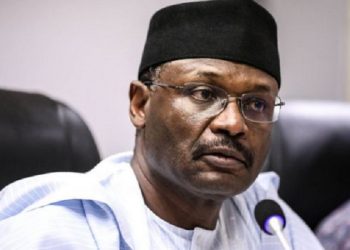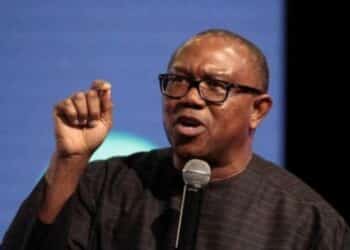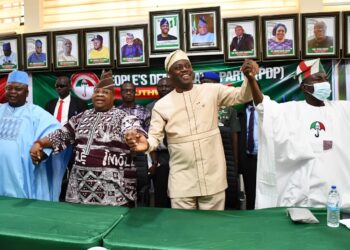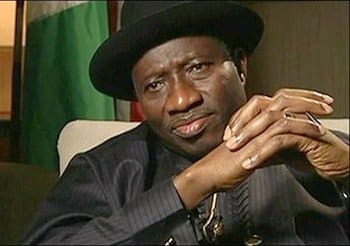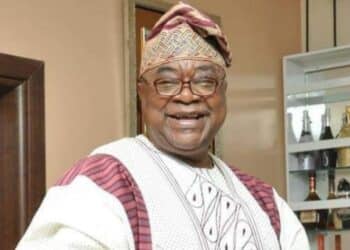The Independent National Electoral Commission (INEC), President Bola Tinubu, and the All Progressives Congress (APC), which jointly stood by their grounds that the witnesses must not be allowed to testify until June 8, were unsettled by former Vice President of Nigeria Abubakar Atiku’s decision to bring subpoenaed witnesses into the hearing of his petition on Wednesday.
Following the PEPC’s concern on Tuesday that Atiku and the PDP were releasing their exhibits in pieces, their attorney, Mr Eyitayo Jegede, SAN, complained that INEC was impeding their legal action against Tinubu and the APC. However, they had paid the electoral body Six Million Naira (N6,000,000) in fees. Accordingly, they requested and were permitted to summon witnesses at the court’s resumed hearing.
Atiku, the Peoples Democratic Party (PDP) candidate in the contested presidential election on February 25, had invited his first subpoenaed witness before the Presidential Election Petition Court (PEPEC) to present some sensitive papers during the resumed hearing on Wednesday. However, INEC and Tinubu vigorously protested the action.
Through their respective solicitors, INEC, Tinubu, and the APC objected to the witness’s testimony, allegedly an Adhoc staff member of INEC.
Following the admission of exhibits from 10 local governments in Kogi State, lead PDP attorney Chief Chris Uche, SAN, put in one of his named witnesses who testified about how INEC failed to transfer results in real-time “as promised.”
Uche informed the court that the petitioners have three witnesses subpoenaed shortly after the witness’s cross-examination, Hon. Ndubuisi Nwobu of Anambra State, finished. Uche then went to call the first witness, an Adhoc staff member of INEC.
However, immediately after the witness entered the witness box, and barely before he could take his oath, INEC counsel Mr Abubakar Mahmoud, SAN, rose to object to hearing the witness’s evidence.
But as soon as the witness reached the witness box and just before he was about to take the oath, INEC’s attorney, Mr Abubakar Mahmoud, SAN, stood and objected to hearing the witness’s testimony.
He told the court that he had only received the witness’s statement this morning and would need to review it to conduct a thorough cross-examination.
Both Tinubu’s attorney, Chief Akin Olujimi, SAN, and the APC attorney, Prince Lateef Fagbemi, SAN, agreed with him, stating that they had only received Tinubu’s statement and had not yet read it.
In response, Uche stated that because the witness had been subpoenaed, they were not obligated to give the respondents his statement first. He also claimed that the witness’s testimony wasn’t unusual enough to call for an adjournment.
Uche begged the court to call at least one of the witnesses who had been subpoenaed so that they could use their time wisely and avoid having it cut short by the adjournment.
To accommodate this, the court’s presiding justice, Justice Haruna Simon Tsammani, advocated stopping the trial for 30 minutes so that respondents could review the documents and then cross-examine the first subpoenaed witness.
Following the respondents’ insistence, Uche urged the court to adjourn till tomorrow for the calling of the three subpoenaed witnesses.
Earlier in his evidence, Nwobu told the Court that the election went smoothly in most polling units he visited, including where he cast his vote, but “magic started happening” at the Ward Collation Centres.
He said the election results were entered into the forms EC8A at the polling units but were not transmitted in real time into the IReV because the BVAS machines failed.
He told the panel that, without his intervention, some INEC staff would have been attacked because they could not upload results in real time.
“There was no real-time transmission of results as INEC promised us,” he said.
Meanwhile, further hearings into the petition have been shifted to June 8.





